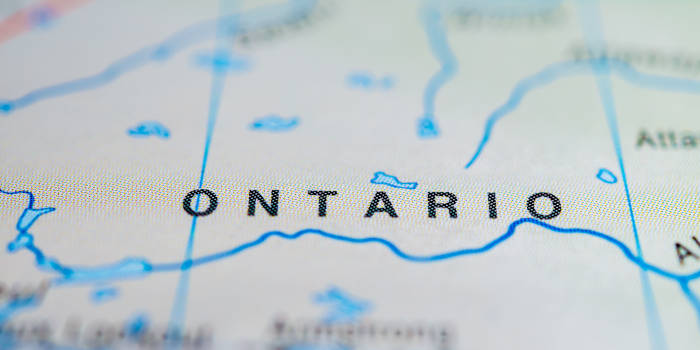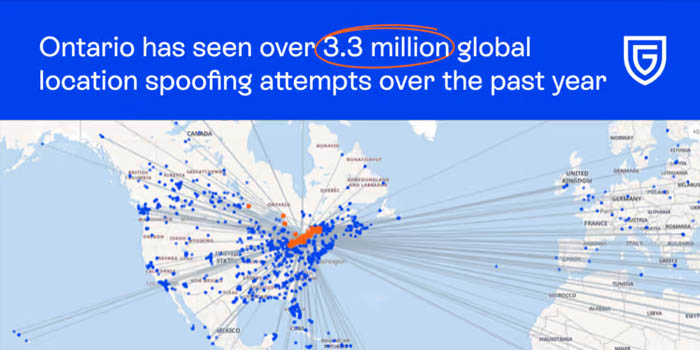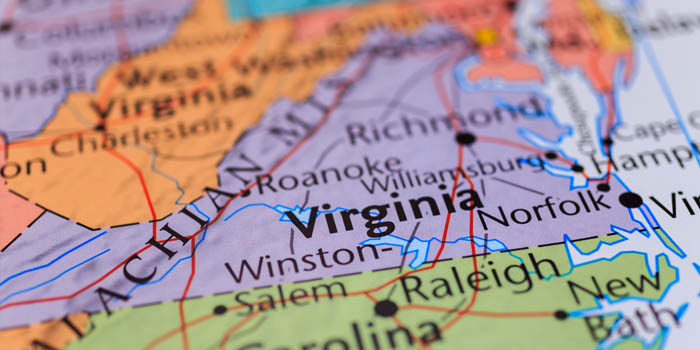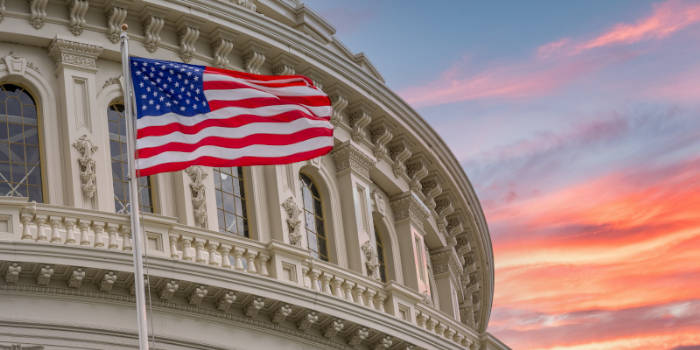ALC Commissioned Two Reports to Assess Risks of Online Gambling

The Atlantic Lottery Corporation has produced two new reports looking into the potential link between legalizing online gambling and the increased prevalence of problem gambling practices.
ALC Explores Online Gambling and Potential Link to Gambling Harm
Two new reports commissioned by the Atlantic Lottery Corporation have looked into the potential dangers of gambling and reached contrasting opinions whether online gambling leads to a higher incidence of reckless and harmful gambling behavior, CBC News reported.
There is a caveat, though, warns the Responsible Gambling Council (RGC), the author of the first report, as no clear causal link between “online gambling and gambling problems” was established although the study remains wary of the impacts of online gambling on at-risk gamblers.
Regulators in Canada continue to collect evidence as to whether certain aspects of the gambling experience threaten consumers and seek to implement the necessary measures to stop this process.
Atlantic Lotto’s motivation, though, is not down to uprooting online gambling but rather planting the first seed. For nearly ten years now, the Corporation has been looking into ways to expand online gambling and with many others now following the same path, from Nova Scotia to New Brunswick, to Alberta, to the Prince Edward Islands, calls for legalizing iGaming have become more prolific, and some have succeeded as is the case with New Brunswick.
The corporation has commissioned two separate reports. According to the final evidence in the report obtained by CBC, though, there is a lack of substantial evidence to support the claim that online gambling may be related to a higher prevalence of problem gambling behavior, with the report basing its findings on Canadian jurisdictions where such forms are allowed.
However, one of the reports prepared by Richard Wood argued the opposite, stating that at-risk players might be tipped to suffer greatly from online gambling. The RGC did not pass up on outlining potential risk factors that ultimately tie into more dangerous behavior, saying that regulators should be aware of the danger of individuals being socially isolated and thus making poorer decisions, such as spending more on gambling.
Turning the Pandemic Around
The Atlantic Lottery Corporation has taken the pandemic in stride, arguing that it could be a way for provinces to generate millions of dollars and help mitigate the financial consequences the COVID-19 outbreak and subsequent shutdown of businesses have brought on with them.
The RGC’s report delved deeper into potential risk factors, such as the use of credit cards which have been discontinued for the purposes of gambling around the world, including in leading gambling jurisdictions such as the United Kingdom and Australia.
The report spares no details and argues that pre-existing mental health issues may be further exacerbated by gambling, with a range of reported issues, including mood disorders, depression, and others. Yet, the report, while completely accurate from what we have witnessed in other jurisdictions, fails to realize that Canadians in Atlanta are already spending $100 million per year gambling at offshore websites which are allowed in the country due to liberal gambling laws.
Atlantic Lotto president and interim CEO Patrick Daigle delivered arguments to the same effect, saying: “Our perspective on this is that the most irresponsible thing to do is nothing while these offshore illegal operators are taking money from Atlantic Canadians.”
Using Data to Legalize Gambling the Right Way
In light of these reports, though, the Lotto has sought to implement mechanisms that mitigate the potential danger associated with making online gambling dangerous to vulnerable customers. Even now, the Corporation has already trained up its entire staff on responsible gambling, and the website sets an example by displaying the self-exclusion option in a visible place on its home page so that whoever wishes to discontinue their sessions or even gambling behavior can find help.
Players are also free to set specific spending limits. However, the RGC report urges companies, including the Atlantic Lotto, to develop a “harm minimizations strategy” and see to its successful implementation.
There has been some to-and-fro as to whether the use of promotional elements such as bonuses is the right, socially responsible move to make. There has been growing criticism from the Prince Edward Islands and Nova Scotia.
Of course, there have been vociferous anti-gambling calls, including those of Prince Edward Islands’ Green Party leader, Peter Bevan–Baker, who likened legalizing online gambling and then allocating money to responsible gambling initiatives to pouring gas in the fire and then buying firefighters slightly more expensive tools to deal with that.
With a single event sports betting bill on the cards, the legalization of sports gambling and even iGaming in Canada is around the corner, and lawmakers must find a way to protect consumers while not passing up on what is a golden opportunity for the country.
Stoyan holds over 8 years of esports and gambling writing experience under his belt and is specifically knowledgeable about developments within the online scene. He is a great asset to the GamblingNews.com team with his niche expertise and continual focus on providing our readers with articles that have a unique spin which differentiates us from the rest.














